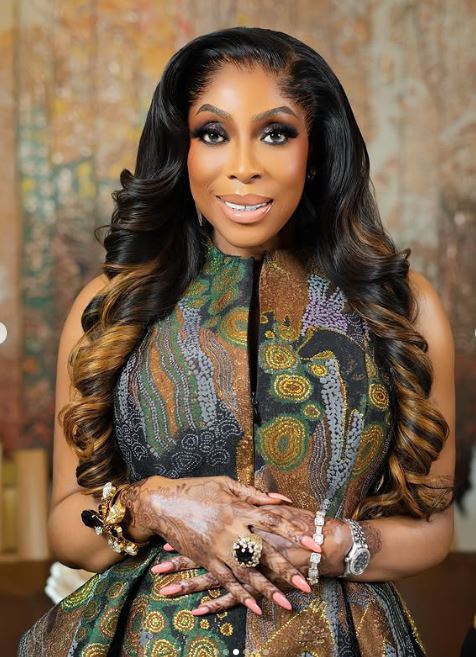The phrase “trust exercises” likely conjures up imagery of trust falls, blindfolded walks and three-legged races. But the lived reality of the phrase is different—often less physical, less silly and a little more necessary.
“Healthy partnerships aren’t possible without trust,” licensed clinical social worker Dr. Alisha Powell explains. A breakdown of trust can lead to emotional disengagement or a breakdown of intimacy among couples, and finding ways to build (or repair) trust is key to any strong relationship.
But if not trust falls, blindfolded walks and three-legged races, then what? We talked to experts to find out. Put aside your plans to fall backward into your beloved’s arms and try one of the following expert-approved trust-building behaviors, instead.
1. Try Extended Eye Contact
When’s the last time you spent a few moments really looking into your partner’s eyes? If you can’t remember, an extended eye contact session may be just what the therapist ordered, according to Kate Balestrieri, a licensed clinical psychologist and executive director of Triune Therapy Group.
“Eye contact is a really important way to be present with our partners,” she says. “We can be more empathic, we are able to discern what our partners are bringing to the table more readily, and we stay more connected.” And all of that leads to—you guessed it—deeper trust.
2. Work on Your Follow-Through
Canceling plans on the friend you see every other day? OK. Canceling plans on your partner again, and again, and again? Not so OK. Consistently dropping the ball on stuff you said you’d do—take out the trash, plan a date, read a book they’ve recommended—can actually train your partner to stop listening to you, Balestrieri says.
Now, that doesn’t mean you have to be perfect. “What’s important is when you make a commitment to do something, you follow through to the best of your ability,” she says. “If you can’t, you’re accountable proactively.” That means own up to how you messed up, apologizing and explaining how you’ll fix it or do better next time—and then actually following through on that promise.
3. Share your Plans
Be honest and communicative about your boundaries, and ask your partner to do the same. “If you’re going to be late or you’re going out to dinner with friends, that you give [them] a phone call to let [them] know,” Powell says. Being open in this way can keep your partner from getting unnecessarily anxious, and it’s a particularly important exercise for couples recovering from a serious act of betrayal, like infidelity.
4. Talk About . Betrayals
Even if there hasn’t been a betrayal in your relationship, old hurts can inform you or your partner’s behavior. Maybe they had a partner or a parent who was unfaithful in the past. Maybe their parents lacked consistency growing up. Whatever it is, getting to the bottom of it can help you know how to move forward. “Understanding the root of people’s triggers can help us be more sensitive in either avoiding them or anticipating them and collaboratively planning ahead,” Balestrieri says.
5. Share Upcoming Stressors
Stress can overwhelm a relationship, and it can make it hard for partners to give as much to each other as they usually do, too. Given this, getting in the habit of sharing upcoming stressful events with each other can be huge in maintaining a strong bond, Powell says.
“As they’re both disclosing really personal things about what’s going on in their lives and what’s stressing them out…they’re also building that emotional connection with each other.” And emotional connection breeds trust.
6. Practice Active Listening
All this talking doesn’t do much good if both partners aren’t practicing active listening. Listening without interruption and summarizing what the other person has said to be sure you’ve understood them are key parts of being an active listener.
But Powell has another tip to help couples communicate honestly: After a partner has finished speaking (and the other partner listening), ask ask an important question—do you feel understood right now? “And they can answer yes or no,” she says. “Then the partner gets that feedback as well.”
Originally posted on SheKnows.
Source: Lifestyle.NG

























